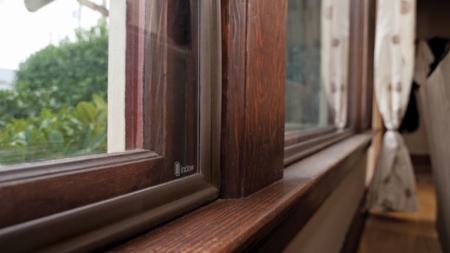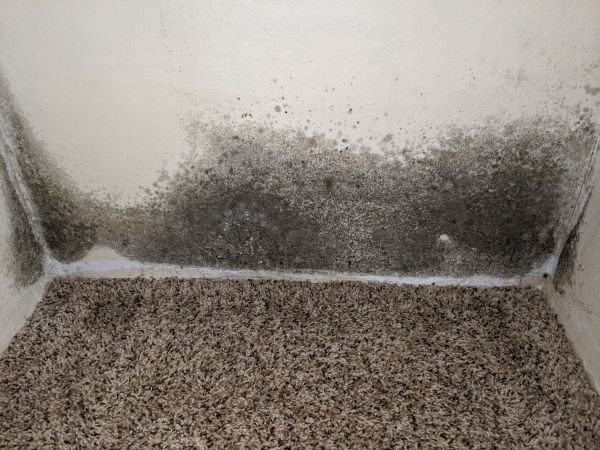Despite the rising cost of homes for sale in Portland’s red-hot housing market, there are plenty of abandoned and dilapidated houses that have been called ‘zombie homes’. These rundown houses often have boarded up windows, graffiti, heaps of garbage, unkempt and overgrown lawns, and non-operable, rusted vehicles on the lawn or driveway. Neighbors are concerned about squatters who engage in drug abuse in the zombie homes as well as trying to sell drugs.

Zombie house (source: koin.com)
Many neighborhoods have at least one of these derelict homes and they are particularly abundant on the east side of the Willamette River. According to the Portland Police Bureau, there are 375 “distressed” properties in the East Precinct which stretches from Cesar E. Chavez Boulevard to Southeast 174th Avenue. Over 400 homes have been boarded up since 2014 and the Bureau of Developmental Services is monitoring 25 abandoned homes that the city considers to be the worst cases.
Police are often investigators of these homes, especially after a neighbor has registered a complaint. Police can’t legally enter the home even if they see squatters inside unless they receive permission from the owners. It can be time consuming to find and get a hold of the owner and especially challenging when a bank owns the property because banks can be “very unhelpful”, according to the Police Bureau.
In addition, city code 5.30.20 states that the city cannot sell a foreclosed property for more than the amount of the liens, so the city hasn’t had much financial incentive to foreclose these zombie homes. But the solution could improve the city and save taxpayer money in the long run. Portland Mayor Charlie Hales conducted a work session with the city council last month to discuss a plan of action regarding these abandoned properties. “We haven’t used the authority and the tools that we have to say ‘Property owner: Fix it up, sell it, do something with your property but you can’t leave it like this,’” he said.

Zombie house (source: kgw.com)
Portland hasn’t foreclosed on a house since 1971, but that may change. The city could foreclose on unpaid liens resulting from code violations or fees, although a property owner could avoid losing the home by getting current on lien payments without actually addressing the underlying problems. Banks would also have the ability to take control of the foreclosure process before the city could take ownership.
Another option is for the city to lobby the courts to appoint a receiver, such as a local non-profit, who could temporarily take title to the abandoned property until it is brought into compliance with city codes. This plan has worked in other cities such as Baltimore, according to Zach Klonoski, one of the Mayor’s policy advisers. The property owners often appear to resolve code violations after a jurisdiction threatens receivership action.
According to Hales, the city could save a lot of money if the homes were restored and then sold or rented. Police hours that are spent on boarding up and responding to these zombie homes could be saved and better used to fighting gang violence. The Bureau of Developmental Services would also save hours that would otherwise be spent tracking code violations and evaluating enforcement measures at these abandoned properties.




